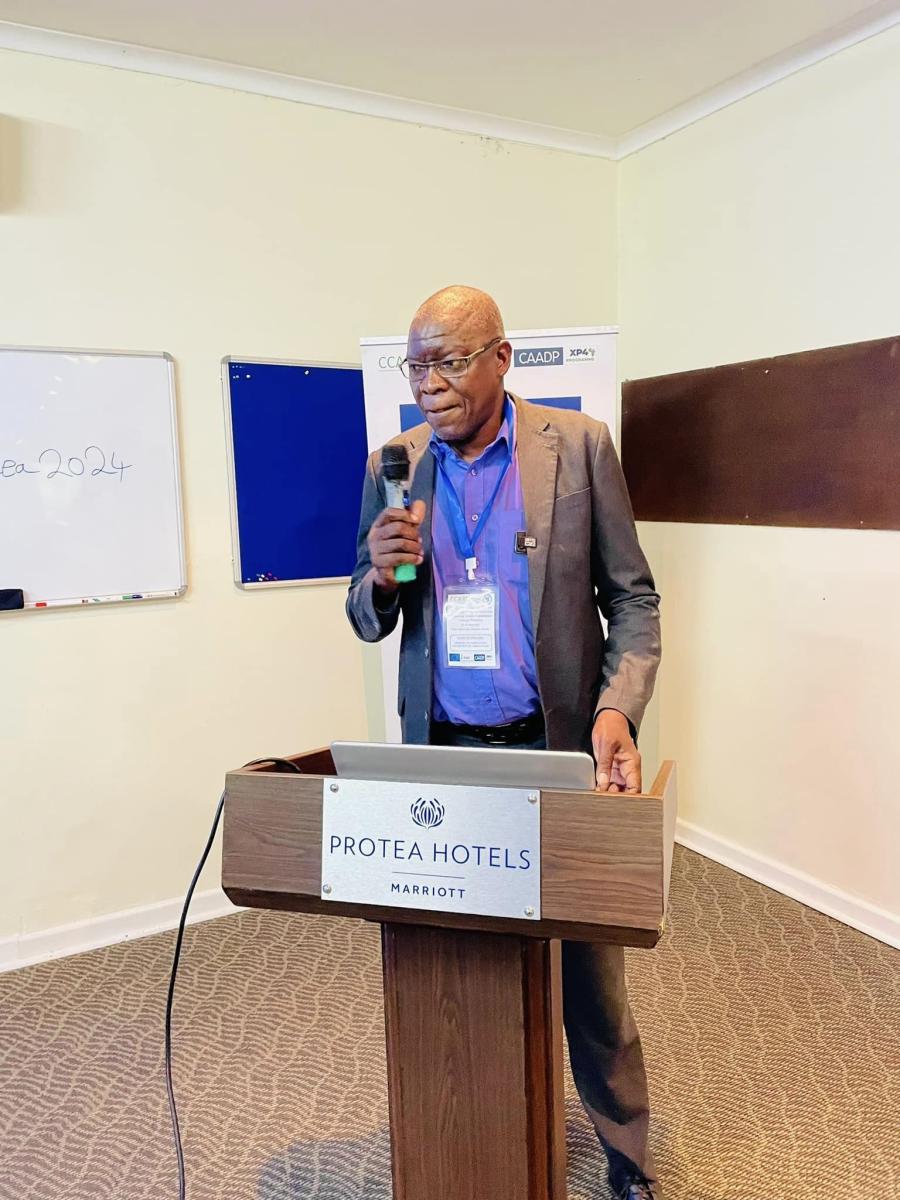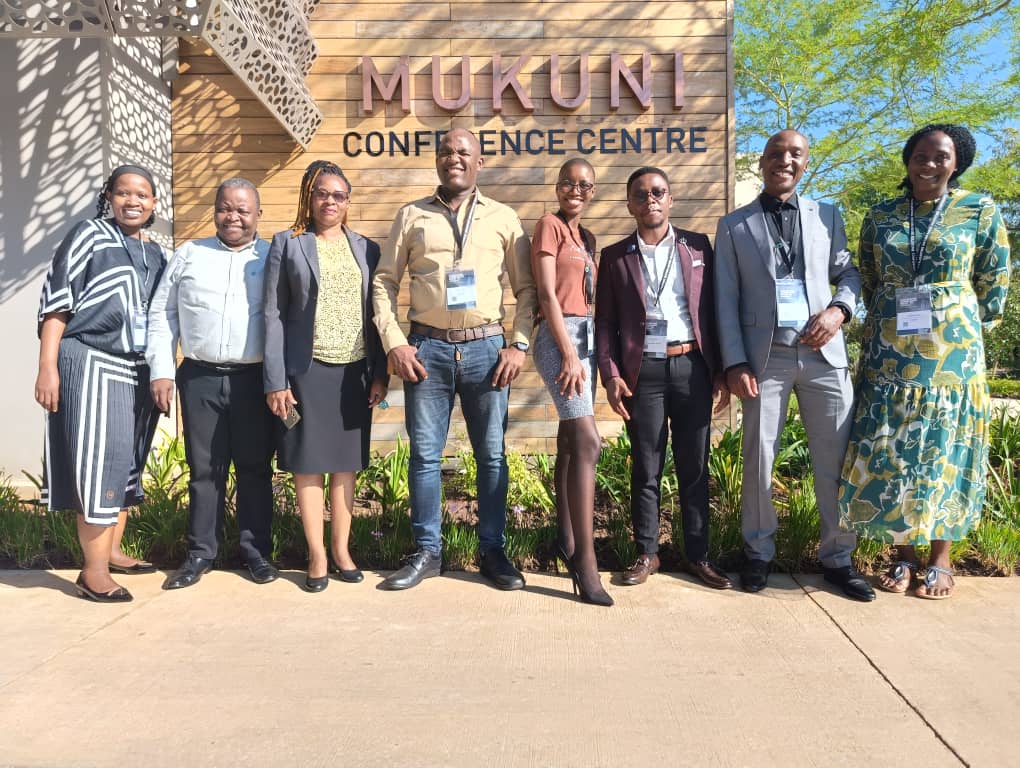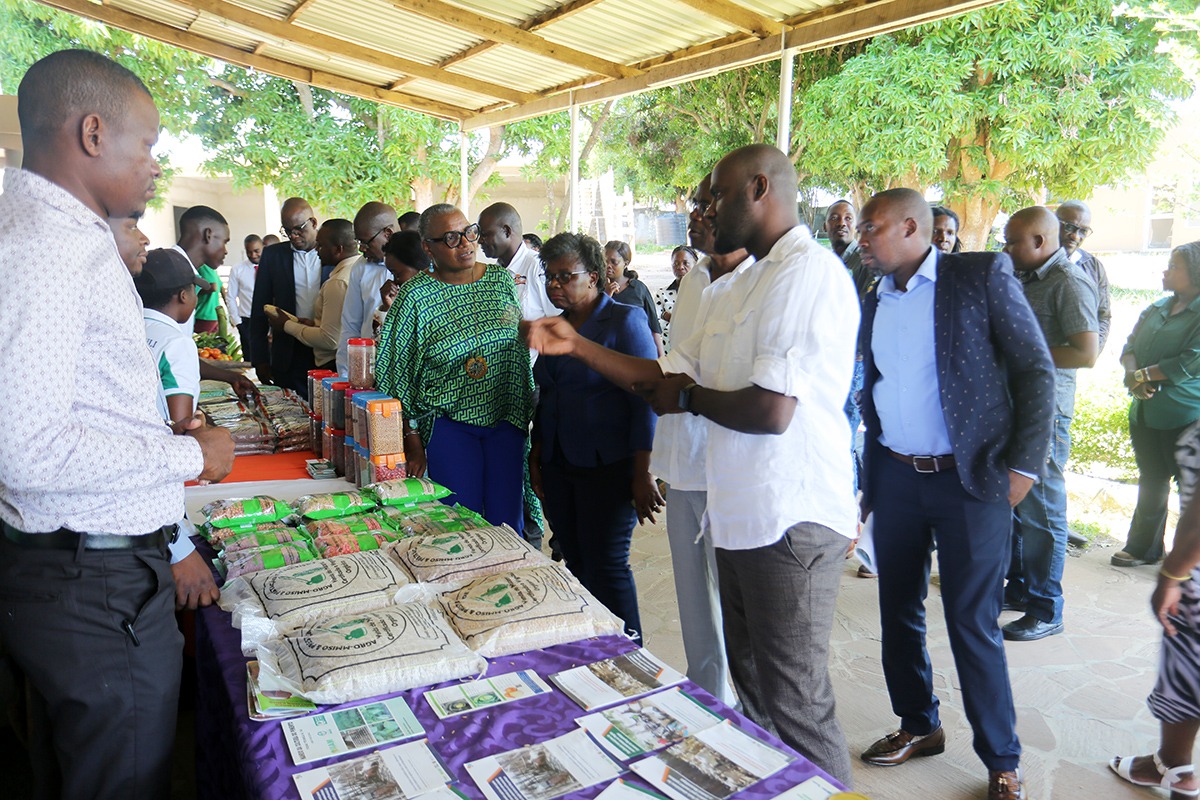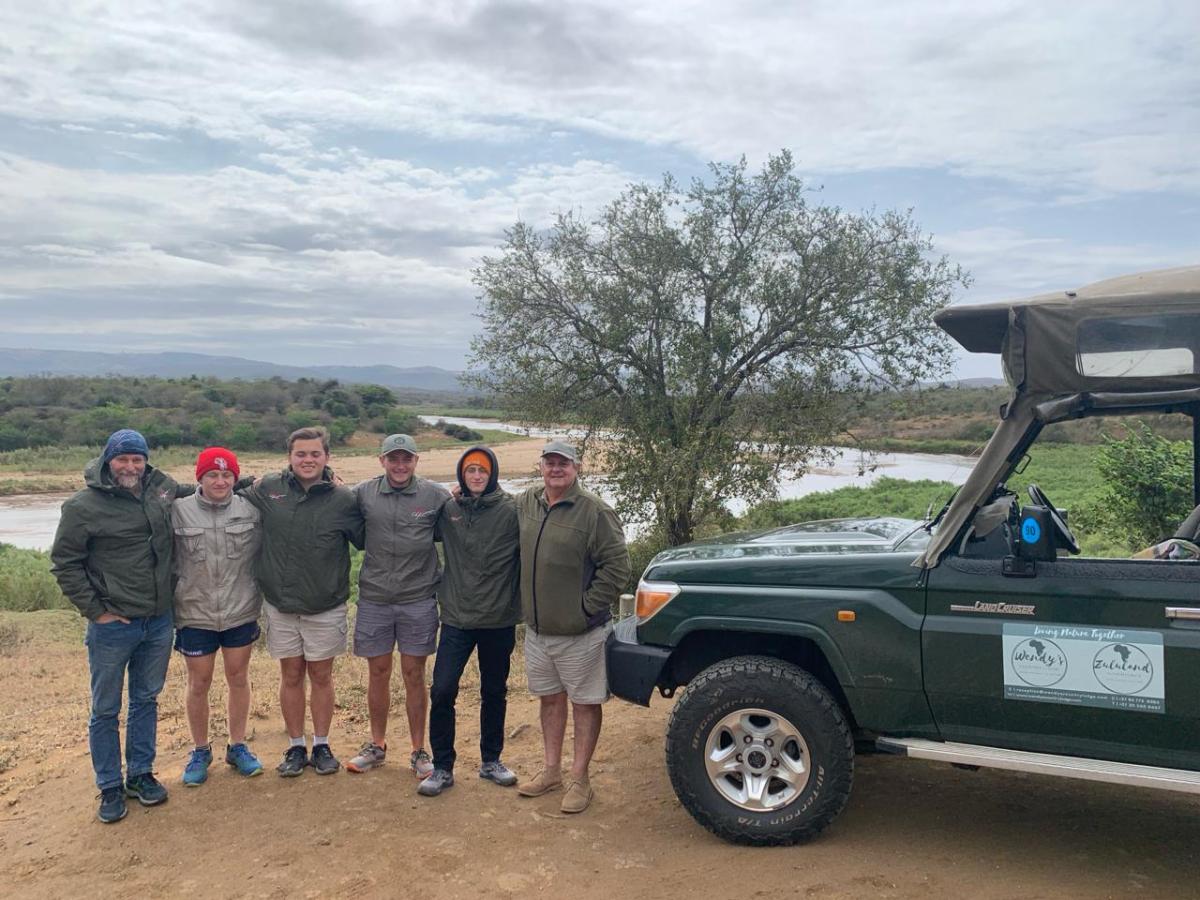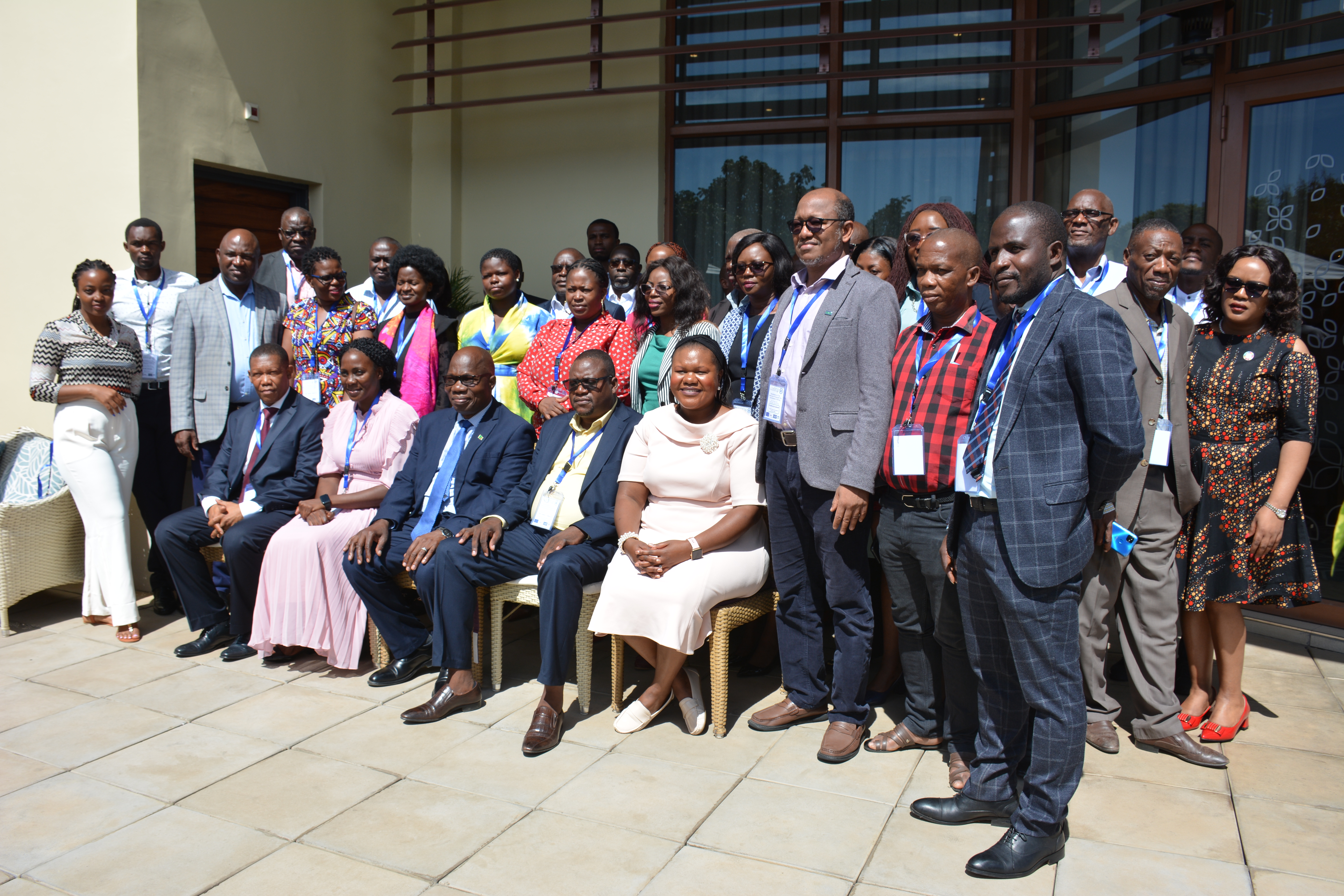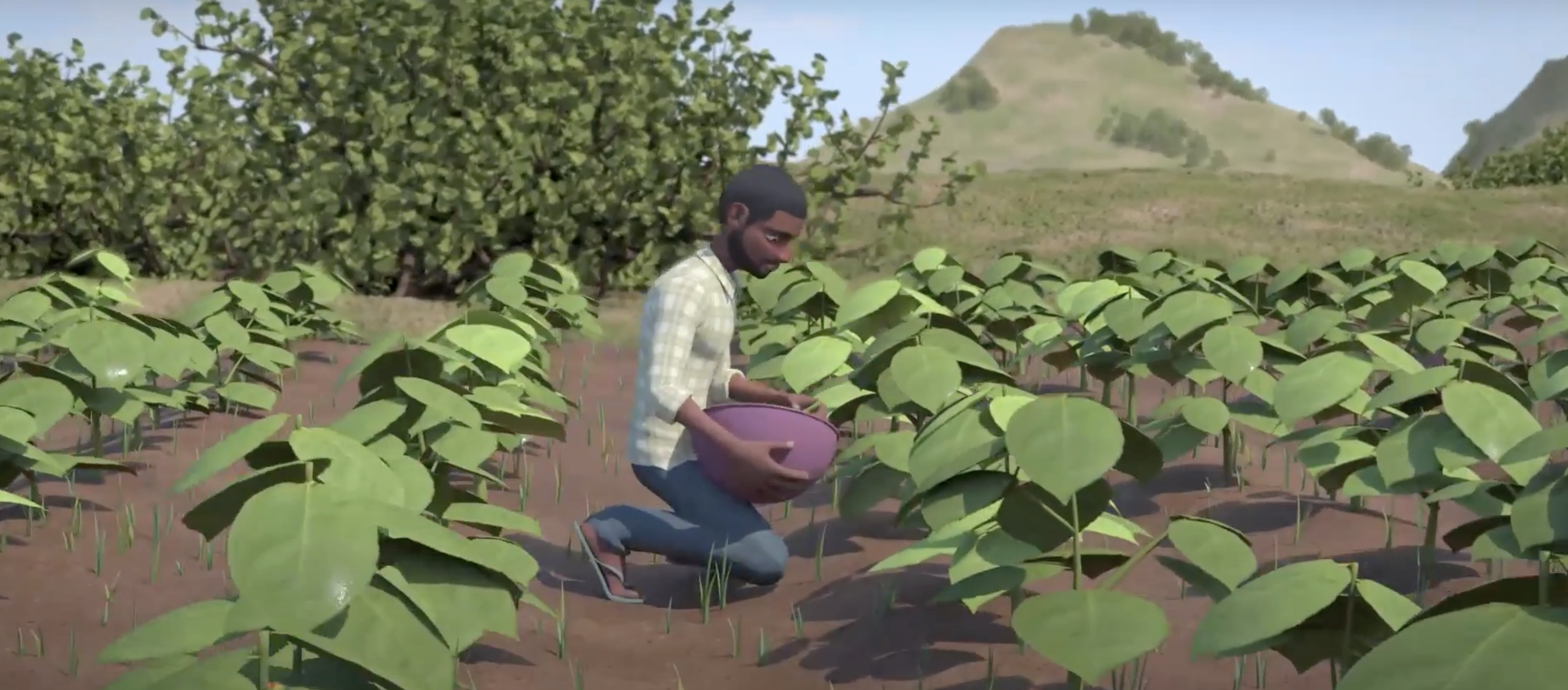Smallholders, Sustainability and Food Security: Conservation Agriculture in a Developing Country Context
Conservation agriculture (CA), with its main tenets of 1) minimizing soil disturbance, 2) maintaining residue on soil surface and 3) mixing/rotating crops has been promoted and adopted, to varying degrees, across the globe. It is estimated that eight percent of all arable land is under CA management . While commercially applicable (e.g., Australia, Brazil and the United States), CA has also received attention as a ‘pro-poor’ strategy for ameliorating smallholder agricultural production and a means of climate change mitigation and adaptation. Thus far, research on CA in southern Africa has primarily focused on the factors associated with adoption and agronomic outcomes based on field research in Malawi, Mozambique, Zambia and Zimbabwe. In contrast, Lesotho - a small, landlocked country surrounded by the Republic of South Africa - has received relatively little attention despite its decades-long struggle with severe soil erosion. The extremely high rate of erosion has not only resulted in the proliferation of gullies and the degradation of soil fertility but has also contributed significantly to food security concerns and long term decline in staple crop production. As a result, nearly a quarter of the population is currently in need of food assistance to survive. The average maize yield in Lesotho is stagnant at approximately 400 kg per hectare per year or 95 % less than the typical maize yield in the United States. This research uses household survey data from over 430 households in Botha Bothe district in northern Lesotho to determine the effects of adoption on households in terms of socio-economics and food security and to briefly highlight the potential drivers of and ways to counteract disadoption. This district is of particular interest because different methods of CA (mechanized and manual labor) and technology dissemination (through government-led Extension service and non-governmental organizations) are being deployed concurrently. Results suggest that household demographics, input availability and familiarity with CA all influence its adoption in the short and medium term.
Smallholders
Sustainability
Food Security
Conservation Agriculture
CA


